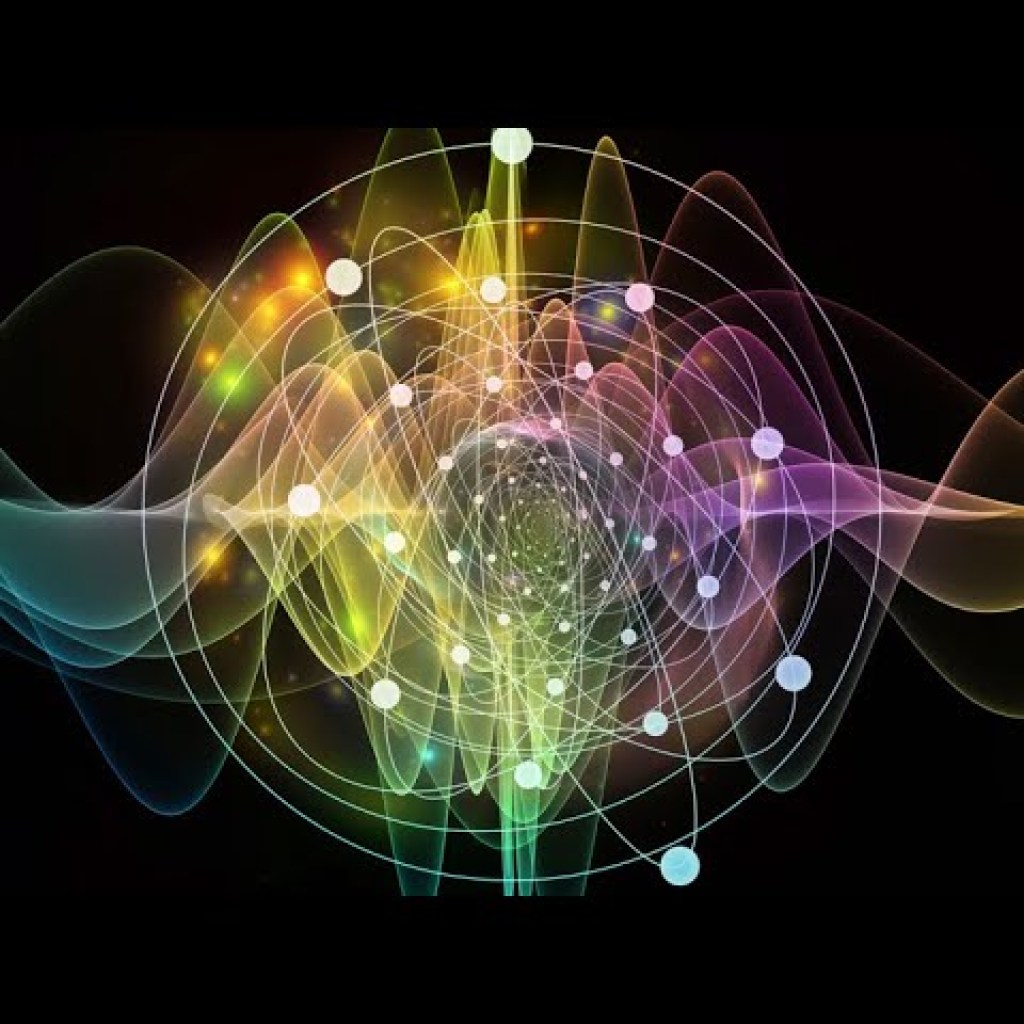The Living Map of Indian Philosophy
Ancient Wisdom Life Advises Practical Life Hacks and Advices Spiritual Not Religious Spirituality and philosophyAncient Indian philosophy unfolds as a vast, interwoven journey from ritual to realization — a quest to understand the nature of reality, consciousness, and liberation. Rooted in the Upanishadic insight that the Self and the Absolute are one, the Vedantic vision offers unity behind all existence, while systems like Samkhya and Yoga map the interplay of matter and spirit and prescribe disciplined methods for inner freedom. Nyaya and Vaisheshika pioneer logic and natural science as pathways to truth, whereas Buddhism and Jainism refine ethical awareness and compassion through mindfulness and non-violence. Even materialist and deterministic schools like Charvaka and Ajivika enrich the dialogue by challenging dogma and deepening inquiry. Together, these traditions form a living map of the human spirit—where reason, devotion, and experience converge toward wisdom, harmony, and the awakening of universal consciousness that continues to inspire modern education, ethics, and human development.





